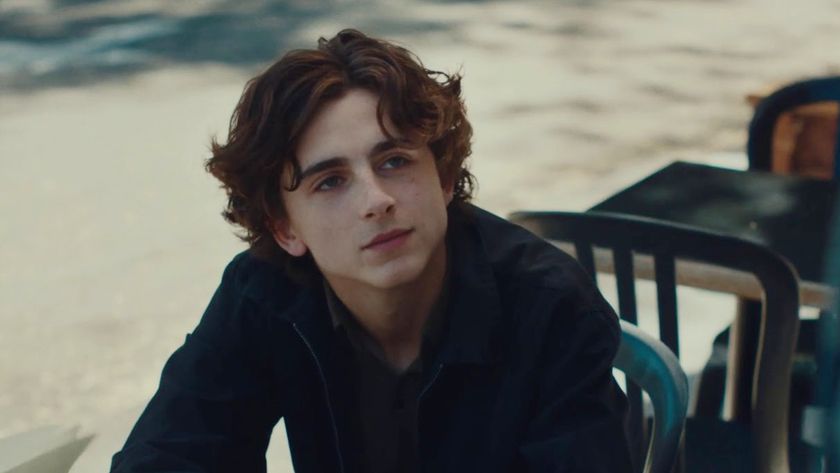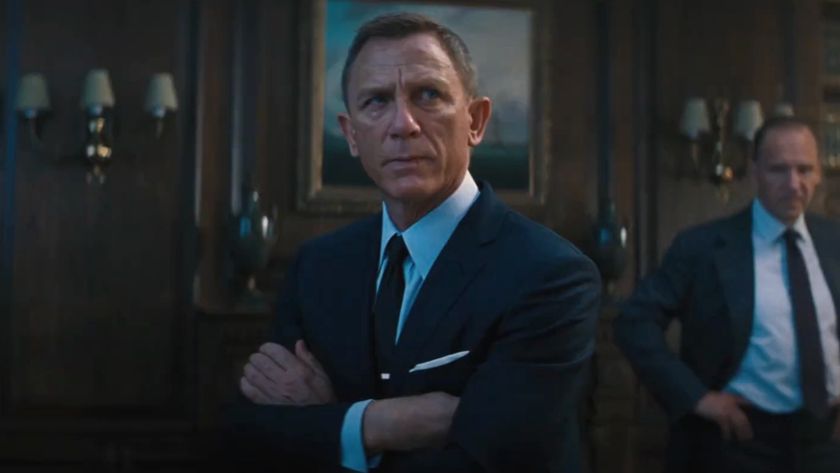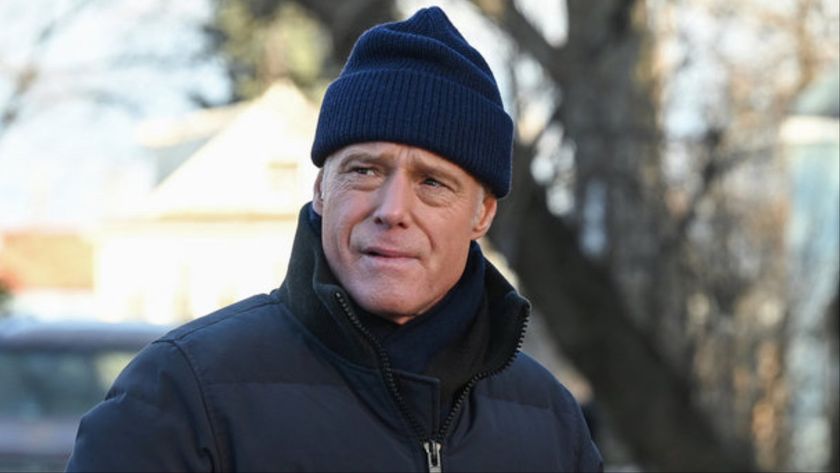There's an important line between violence in movies that's meaningful and simply gratuitous. Movies have the ability to open our eyes to worlds we may never understand in our own lives, and pure brutality can make an impact, whether tied into characters and stories we care about or shown for simple shock value and entertainment. Both types certainly have their place, but directors need to know which they're offering; Straw Dogs, the new film from writer/director Rod Lurie, tries to fit in the former category, but ends up in the latter.
The film begins with David Sumner (James Marsden) and his wife, Amy (Kate Bosworth), driving into Blackwater, Mississippi, Amy’s home town. The couple has moved to the small town from Los Angeles – where he’s a writer and she’s an actress – so that David can work on a new screenplay in peace. Upon arriving they stop in a local bar where they meet Charlie (Alexander Skarsgard), Amy’s ex-boyfriend who flirts with her right in front of her husband. David has hired Charlie and his crew to repair the roof of the barn next to their new home, but as the days pass the gang intimidates the couple more and more until finally the situation reaches its boiling point.
Though the film is filled with both hits and misses, it makes particularly strong use of juxtaposing the film's weaker and stronger characters, both visually and through story. Lurie litters the movie with contrast, from the subtle – a quick shot of Charlie’s big, black boots stepping towards Amy’s petite bare feet – to the not so subtle – David ordering a Bud Light in a bar that only serves Budweiser. As frequent as these nods are, the audience never feels like they are being beaten over the head or even winked at. It simply operates under the surface.
Sadly, that juxtaposition is all that’s working under the surface. For as brutal as the film is in its portrayal of sex and violence, there’s no subtext or comment behind it. While the 1971 Sam Peckinpah original reflected the ongoing Vietnam War and even the rise of second wave Feminism, Lurie’s film is absent that context, a version of Straw Dogs that simply turns into hillbilly horror. You can always cheer when a protagonist overcomes his or her own weaknesses, but without an underlying meaning the excess becomes gratuitous instead of significant.
The film also has a fundamental flaw in the casting of James Marsden as David, a role played by Dustin Hoffman in the original. While Marsden does his best to sell the character, a pair of round spectacles does not a weakling make. A vital part of the plot revolves around Charlie failing to understand why Amy would want to be with a man like David, but Marsden is an actor who has spent a good part of his career playing a superhero and was even a live-action Disney prince. Lurie does attempt to compensate by making David a fish out of water – he’s an atheist that doesn’t care about high school football – but it’s not enough when the actor looks like a stereotypical starting quarterback.
With a more suitable male lead and stronger subtext, Rod Lurie’s remake of Straw Dogs could have been much more. The movie isn’t completely without merit, as it’s competently shot, well edited, and features some fine performances, but at the end its overwhelming flaws make the film a hollow experience.

Eric Eisenberg is the Assistant Managing Editor at CinemaBlend. After graduating Boston University and earning a bachelor’s degree in journalism, he took a part-time job as a staff writer for CinemaBlend, and after six months was offered the opportunity to move to Los Angeles and take on a newly created West Coast Editor position. Over a decade later, he's continuing to advance his interests and expertise. In addition to conducting filmmaker interviews and contributing to the news and feature content of the site, Eric also oversees the Movie Reviews section, writes the the weekend box office report (published Sundays), and is the site's resident Stephen King expert. He has two King-related columns.
Most Popular






